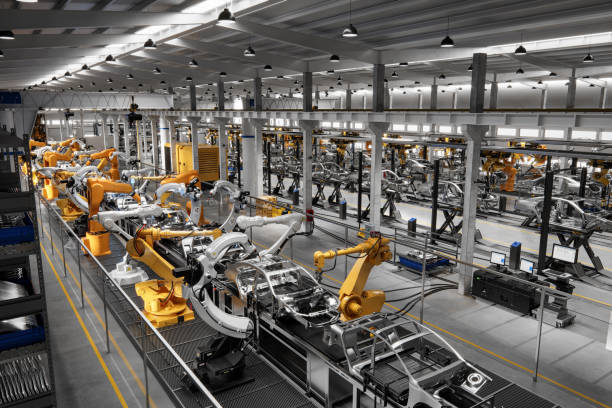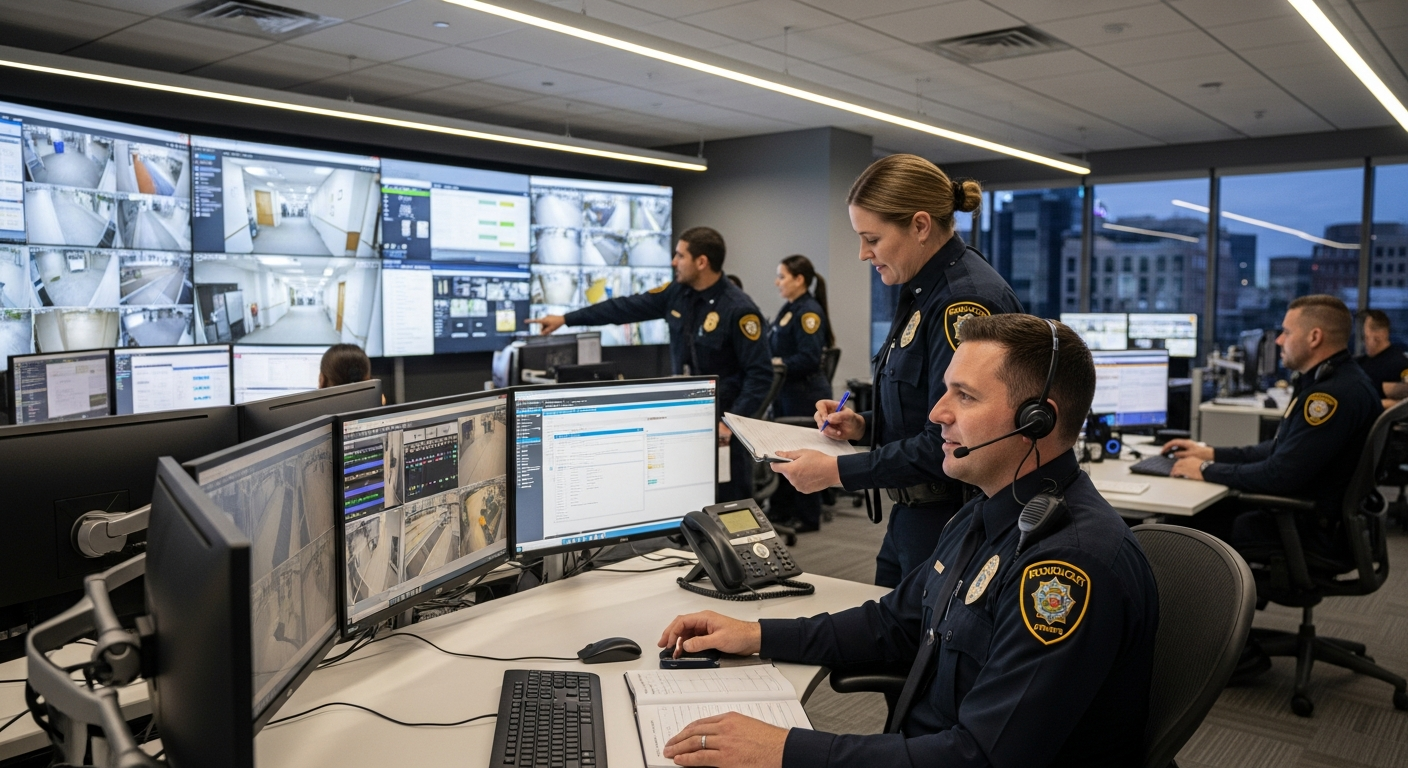Careers with Food Packing Companies in the UK
The food packing industry forms an essential component of the UK's food supply chain, providing employment opportunities across the country. From production lines in large manufacturing facilities to smaller specialty food operations, this sector offers diverse career paths with varying entry requirements. Food packing roles involve preparing, packaging, and ensuring the safe delivery of food products to retailers and consumers, while adhering to strict health and safety regulations. Understanding the nature of these positions, industry trends, and required qualifications can help individuals make informed decisions about pursuing careers in this field.

Why the Industry Keeps Hiring
The food packing sector in the UK continues to recruit workers due to several factors that drive workforce demand. The industry’s need for personnel remains relatively stable because food production and distribution are essential services that continue regardless of economic fluctuations. The UK’s food and drink manufacturing sector, which includes packing operations, employs over 400,000 people and represents the largest manufacturing sector in the country.
Several factors contribute to the ongoing recruitment in food packing:
Seasonal demands create temporary hiring surges, particularly around holidays and harvest periods when food production increases significantly. Staff turnover also plays a role, as some workers use entry-level packing positions as stepping stones to other careers, creating regular openings. Additionally, the UK’s departure from the European Union has altered workforce availability, with many food companies reporting increased vacancies as some EU workers returned to their home countries.
Technological advancements, while automating certain processes, have actually created new specialized roles in maintaining and operating sophisticated packing equipment, rather than eliminating jobs entirely.
What Food Packing Staff Do
Food packing personnel perform diverse tasks that vary depending on the specific food product and facility size. Their primary responsibilities revolve around ensuring food products are properly packaged, labeled, and prepared for distribution.
Core duties typically include operating packaging machinery and equipment, which may range from simple manual tools to complex automated systems. Staff must follow strict hygiene protocols, including wearing appropriate protective clothing and adhering to handwashing procedures to maintain food safety standards. Quality control represents another key responsibility - inspecting products for defects, verifying proper sealing of packages, and ensuring correct labeling with accurate ingredient lists and expiration dates.
Additional tasks often involve preparing foods for packaging by washing, sorting, or portioning items; monitoring production lines for efficiency; cleaning and sanitizing work areas and equipment; and completing documentation for quality assurance and traceability requirements. In some facilities, workers may also be responsible for assembling orders, loading products onto pallets, and preparing them for shipping.
Skills Employers Are Looking For
Food packing employers seek candidates with specific attributes that ensure efficiency, safety, and quality in their operations. While entry-level positions often don’t require formal qualifications, certain skills and characteristics make candidates more attractive to hiring managers.
Physical stamina and dexterity are essential, as roles frequently involve standing for extended periods, repetitive movements, and occasionally lifting moderate weights. Attention to detail proves crucial for quality control, ensuring packages are properly sealed, labels are accurate, and products meet visual standards. Time management and efficiency skills help workers maintain productivity on fast-moving production lines.
Food safety knowledge, including understanding basic hygiene principles and contamination risks, is increasingly valued by employers. Similarly, flexibility regarding shift patterns is often necessary, as many food packing facilities operate extended hours or around-the-clock schedules.
For progression opportunities, additional skills become important. Basic mechanical aptitude helps when working with packaging equipment, while numeracy skills assist with inventory and production targets. Communication abilities facilitate effective teamwork and problem-solving in busy environments.
Some employers also value food handling certificates or prior experience in related industries, though many companies provide comprehensive training for new hires. As automation increases in the industry, basic computer literacy and willingness to learn new technologies are becoming more relevant skills for long-term career development.
Typical Working Conditions and Hours
Working environments in food packing facilities vary considerably depending on the products being processed and the size of the operation. Most facilities maintain temperature-controlled environments, which may be cold for certain perishable items or warm in bakery packing areas. The atmosphere tends to be busy with production lines running continuously to meet delivery schedules.
Standard shifts often follow patterns of 8-12 hours, with many facilities operating early morning, afternoon, and night shifts to maintain continuous production. Seasonal variations affect working hours significantly, with overtime opportunities frequently available during peak periods such as Christmas or harvest seasons.
Safety measures are rigorous, with protective clothing requirements including hairnets, gloves, and specialized footwear being standard practice. Noise levels can be moderate to high due to machinery operation, and standing for extended periods is common, though many facilities incorporate rotation systems to reduce physical strain.
Career Progression Opportunities
The food packing industry offers several pathways for career advancement beyond entry-level positions. With experience and demonstrated reliability, workers can progress to team leader or supervisor roles, overseeing production lines and coordinating staff activities. Quality control positions represent another advancement path, focusing on maintaining standards throughout the production process.
Technical specialists who develop expertise in particular machinery or processes can become valuable assets to their employers. Some companies offer apprenticeships or sponsor further education in food technology, manufacturing, or logistics management for promising employees.
Larger food manufacturing companies typically provide more structured career progression routes, potentially leading to production management, logistics coordination, or specialized roles in quality assurance. Skills gained in food packing—such as attention to detail, understanding of food safety, and production efficiency—are transferable to other sectors including retail, warehouse operations, and broader manufacturing industries.
For long-term career development, many workers supplement their practical experience with qualifications in food safety, manufacturing, or management through part-time study or employer-sponsored training programs.
Industry Outlook and Stability
The food packing sector in the UK demonstrates relative stability compared to many industries. As an essential service connected to food production, it tends to weather economic downturns better than discretionary sectors. However, the industry is experiencing significant transformations that will shape its future employment landscape.
Automation continues to evolve packaging operations, with more sophisticated machinery handling repetitive tasks. Rather than eliminating jobs entirely, this shift often changes the nature of work, creating opportunities for those willing to develop technical skills to operate and maintain equipment.
Sustainability initiatives are reshaping packaging practices, with companies investing in biodegradable materials and reduced packaging solutions. This transition creates roles focused on environmental compliance and innovation. Meanwhile, food safety regulations continue to become more stringent, increasing demand for workers with food hygiene knowledge and attention to detail.
Brexit’s ongoing impact affects workforce availability, potentially creating more opportunities for UK residents while also increasing competition for skilled personnel. The COVID-19 pandemic highlighted the essential nature of food supply chains, reinforcing the sector’s importance and stability.
For those considering careers in this industry, developing adaptable skills and embracing technological change will be key to long-term success as the sector continues to evolve.




